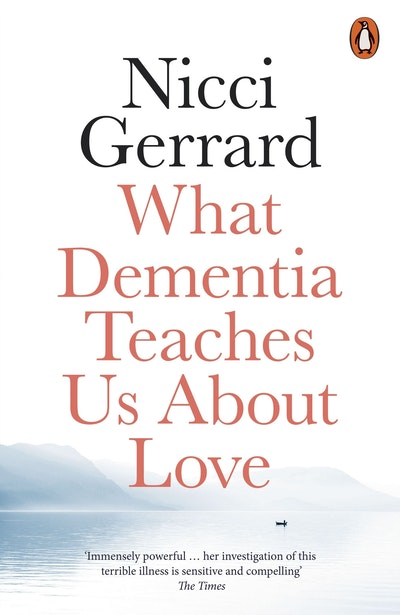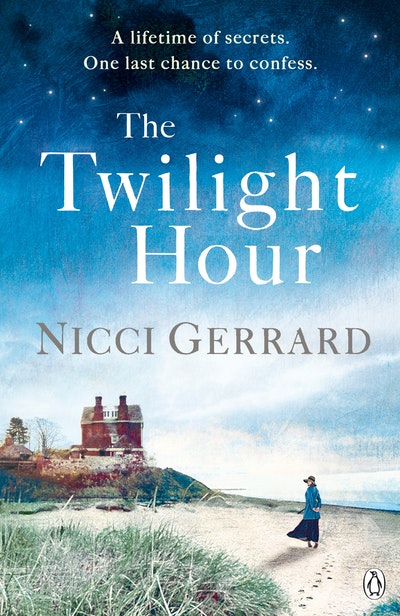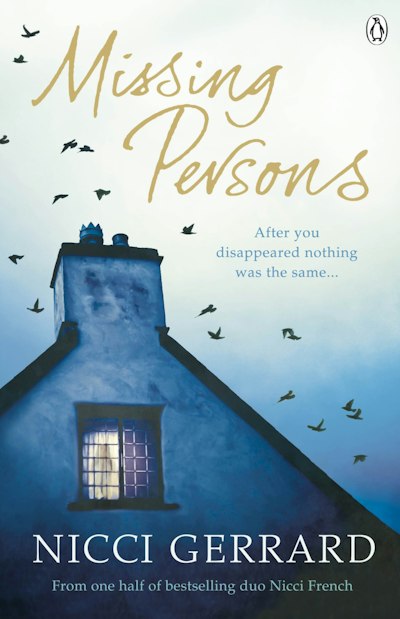- Published: 28 February 2019
- ISBN: 9780241309650
- Imprint: Penguin eBooks
- Format: EBook
- Pages: 272
What Dementia Teaches Us About Love
- Published: 28 February 2019
- ISBN: 9780241309650
- Imprint: Penguin eBooks
- Format: EBook
- Pages: 272
Essential reading about love, life and care
Kate Mosse, author of Labyrinth
Gerrard writes beautifully, encyclopaedically and with humanity
Nicholas Timmins, senior fellow at the Institute for Government and the King’s Fund, honorary fellow of Royal College of Physicians, author of Five Giants
Evocative and powerful, shining a light on a world which is often hidden and misunderstood
Jane Cummings, Chief Nursing Officer for England
Gerrard ranges widely and wisely, raising questions about what it is to be human and facing truths too deep for tears
Blake Morrison, poet and author of And When Did You Last See Your Father?
Nicci Gerrard exudes understanding of the breadth, scale and complexity of the dementias and the challenges they pose for society. Yet she communicates simply, personally and practically as if speaking individually to each of us
Sebastian Crutch, Professor of Neuropsychology, Dementia Research Centre, University College London
Nicci Gerrard writes with power, insight, empathy and extraordinary beauty about the world of dementia . . . and demonstrates how we can address the fear, despair and ignorance that has accompanied its spread
Paul Webster, editor of the Observer
Nobody has written on dementia as well as Nicci Gerrard in this new book. Kind, knowing and infinitely useful
Andrew Marr
This is a tender, lyrical, profound, urgent book . . . Gerrard has penned a treatise on what it is to be human
Yasmin Alibhai-Brown, columnist and author
Immensely powerful . . . an incisive and compelling read. Gerrard, a crime novelist and former journalist, visits the "fresh hell" of hospitals across the UK, and interviews sufferers and those whose lives have been indelibly shaped by the diagnosis of a loved one . . . As well as being part-memoir and part-reportage, What Dementia Teaches Us About Love is also a great part philosophical inquiry into the nature of self and what it is to be human.
The Sunday Times
An extraordinarily luminous book, at once terribly sad and frightening but also somehow hopeful and energising.
Nick Duerden, Independent
Immensely powerful . . . shot through with insights. Gerrard's book is an elegant yet devastating interrogation into this fatal loss of self, and is part-reportage, part-philosophical inquiry, but, above all, intensely personal.
Helen Davies, The Sunday Times (Books of the Year)
A profound and powerful exploration of how society interprets and deals with a health challenge that will only deepen over the coming decades
Anjana Ahuja, Financial Times (Essential Reads 2019)








